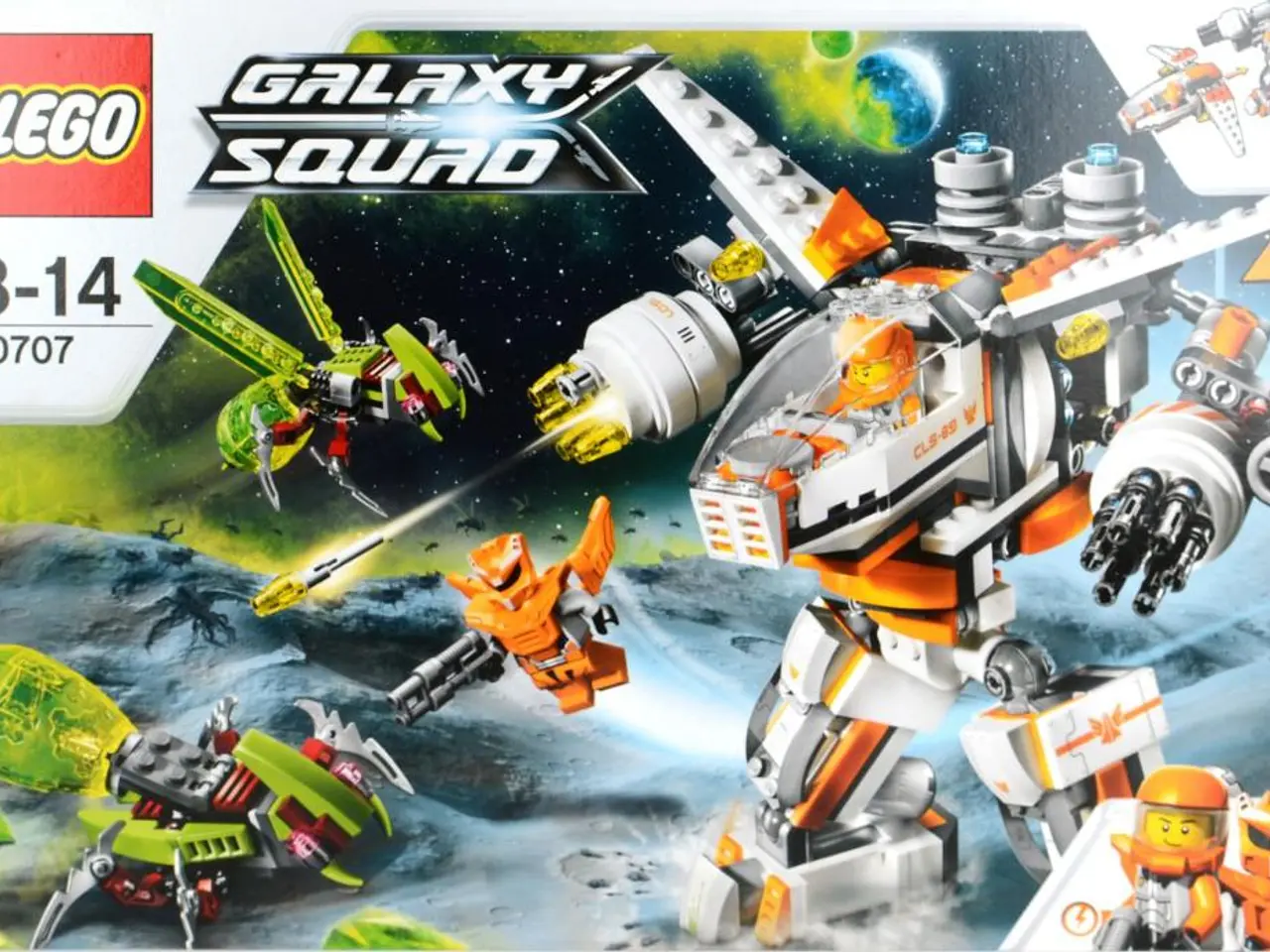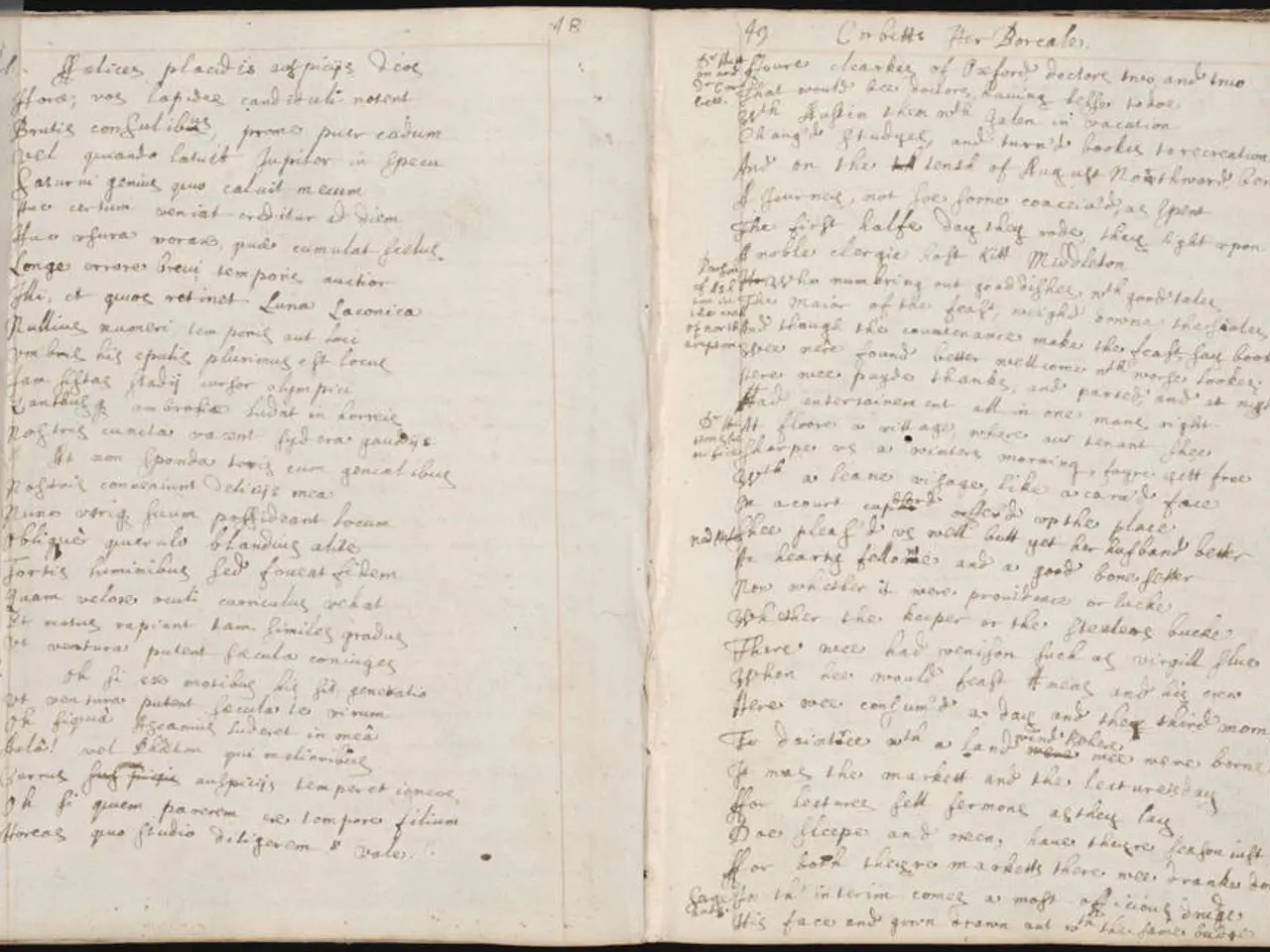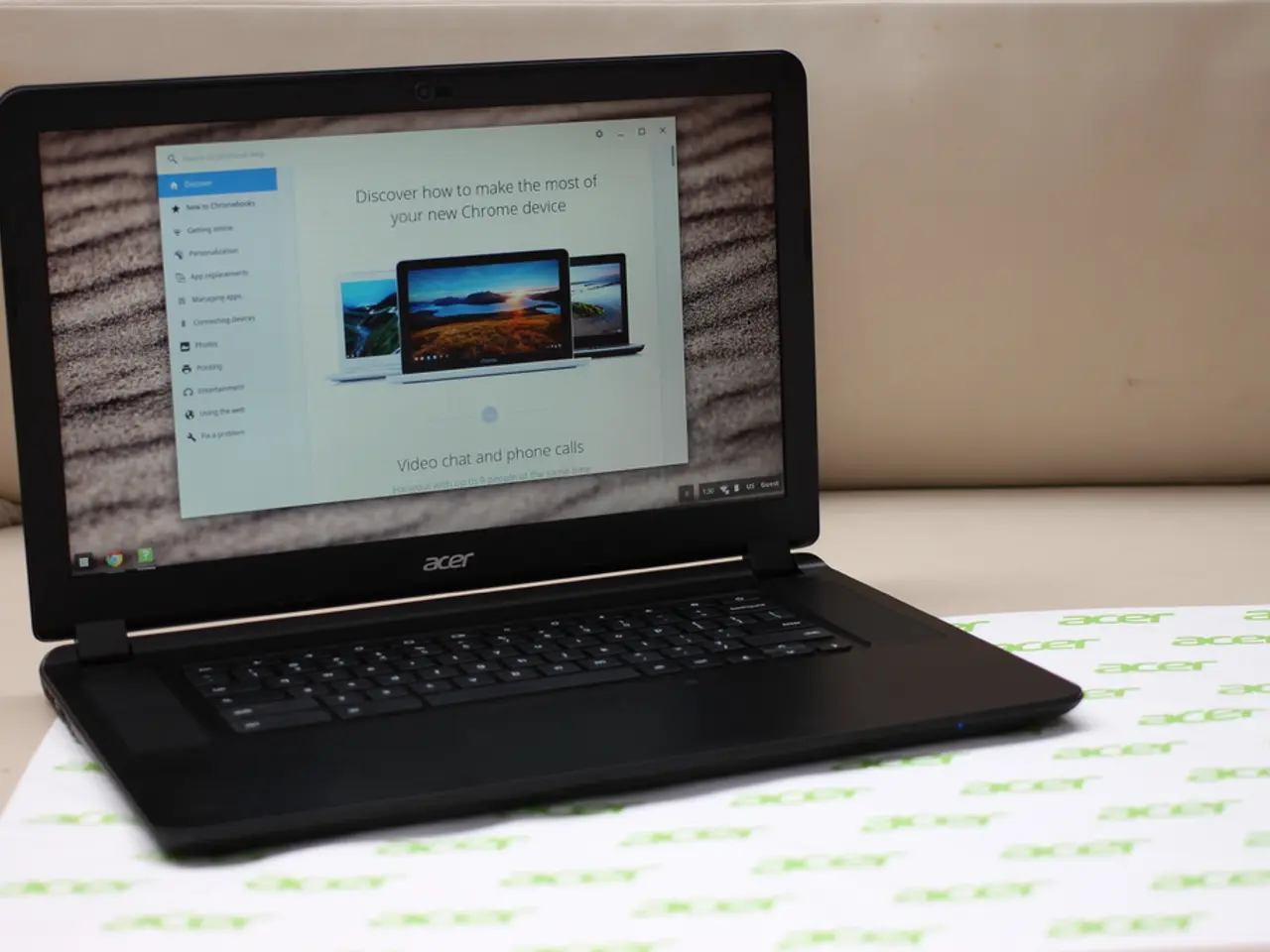Oasis Protocol Foundation Introduces ROFL Mainnet - A Reliable Off-Chain Computation Framework, Empowering Artificial Intelligence Applications
The Oasis Protocol Foundation, stewards of the privacy-focused layer-1 blockchain platform Oasis Network, have officially launched the ROFL mainnet. This marks the debut of Runtime Offchain Logic (ROFL), a groundbreaking blockchain framework designed to enable developers to perform complex computations off-chain while preserving the trust, privacy, and verification guarantees of blockchain technology [1][3].
ROFL addresses key limitations faced by decentralized applications, such as computational bottlenecks, lack of privacy, and difficulty integrating with external systems. By leveraging Trusted Execution Environments (TEEs), ROFL creates secure and tamper-resistant computing spaces where resource-intensive processes—like AI model training, inference, and data analysis—can run privately and efficiently off the blockchain. The computation results are then cryptographically verified and communicated back into on-chain smart contracts, effectively combining off-chain scalability with on-chain trust [1][3].
This architecture opens new possibilities for building privacy-preserving and trustless AI applications on blockchain, including autonomous AI agents, privacy-first AI companions, oracles, cross-chain bridges, and sophisticated gaming mechanics. For example, projects like Zeph use ROFL to ensure AI companions maintain user data confidentiality, while WT3 builds autonomous decentralized trading agents with private key management and trade execution powered by ROFL [1][3].
ROFL offers several key features, such as supporting complex, resource-heavy AI and computation off-chain, using TEEs for privacy and tamper-resistant execution, cryptographically verifying off-chain results on-chain, enabling new AI use cases previously impractical on traditional blockchains, and facilitating plug-and-play infrastructure for next-generation AI dApps [1][3][5].
The Oasis Protocol Foundation has funded WT3 with $100,000 in seed capital to accelerate development. Meanwhile, other notable projects already building on ROFL include Zeph, a privacy-first AI companion platform, and WT3, an autonomous AI agent for decentralized trading strategies.
In summary, the ROFL mainnet serves as a "trustless AWS" for blockchain, providing a developer-friendly, production-ready platform to build scalable, private, and verifiable AI-powered applications that marry the strengths of off-chain computation with blockchain’s decentralized trust model [3][5]. Contact can be made with Wahaj Khan, senior PR manager at Serotonin, for further information.
[1] Oasis Protocol Foundation. (n.d.). Retrieved from https://oasispromise.org/ [2] Oasis Protocol Foundation. (n.d.). Retrieved from https://forum.oasisprotocol.org/ [3] Oasis Protocol Foundation. (2022, January 11). Retrieved from https://medium.com/oasis-protocol/introducing-rofl-the-trustless-aws-for-ai-applications-on-blockchain-71598a3a1653 [4] Oasis Protocol Foundation. (2022, January 11). Retrieved from https://twitter.com/oasispromise [5] ROFL. (2022, January 11). Retrieved from https://rofl.network/
The Oasis Protocol Foundation, built on the blockchain technology of Oasis Network, introduces ROFL mainnet, a revolutionary framework for off-chain computation. ROFL utilizes Trusted Execution Environments (TEEs) to ensure secure, tamper-resistant spaces for complex AI computations, thus allowing for privacy-preserving and efficient altcoin integrations.
This architectural innovation paves the way for a variety of AI applications, including privacy-focused AI companions, autonomous trading agents, oracles, cross-chain bridges, and advanced gaming mechanics, as demonstrated by projects like Zeph and WT3. These solutions leverage ROFL's features such as off-chain AI and computation support, TEE-based privacy, on-chain verification, and infrastructure for next-generation AI dApps.




